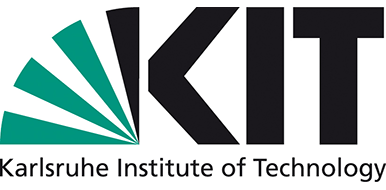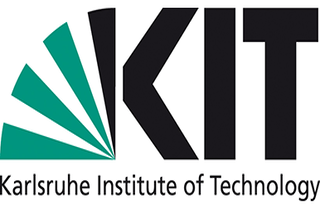Chloride-ion accumulator

The federal government would like to have one million battery-operated vehicles on German roads by 2020. Growing electric mobility will increase the demand for new and sustainable battery systems.
State of the art
In addition, sustainable and safe solutions for stationary storage systems will have to be developed. Research is therefore aimed at developing accumulators of high performance using environmentally compatible, easily accessible, and inexpensive raw materials.
Technology
KIT scientists of the Institute of Nanotechnology (INT) are working on a rechargeable battery that might be based on a variety of materials in the future. In particular, the researchers have developed an accumulator, in which chloride ions balance the charge instead of the usually applied lithium ions. The anode (negative electrode) contains a metal that can react with chloride ions or intercalate them. The cathode (positive electrode) is made of a chloride of another metal or an alloy. Chloride ions can be intercalated in and removed from both the anode and the cathode material. For this application, the scientists have developed special electrolytes that are characterized by a high conductivity of chloride ions.
Advantages
The advantages of this invention are obvious: Compared to the currently used lithium accumulators, sustainability of battery production is enhanced. Chloride, which is contained in common salt among others, is inexpensive and available in practically unlimited amounts. Moreover, the battery can be charged and discharged quickly. Its hazard potential is very small and short-circuit safety is very high, as no formation of so-called dendrites takes place contrary to lithium-ion accumulators. The storage capacity of the cell is comparable to that of a sodium-ion accumulator. Portable and stationary applications are possible.
Options for companies
The KIT looks for partners interested in the further development and application of this technology.
Your contact person for this offer

Innovation Manager Energy Karlsruhe Institute of Technology (KIT)
Innovation and Relations Management (IRM) Phone:
Email: transfer@irm.kit.edu

